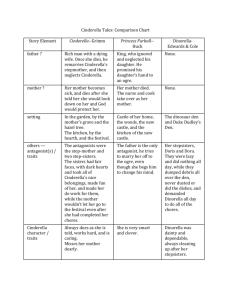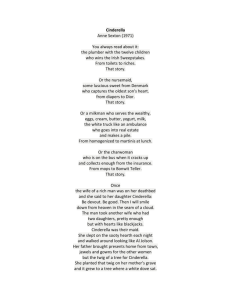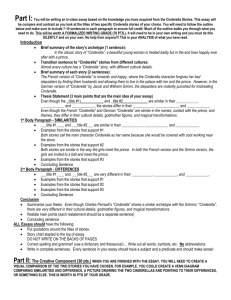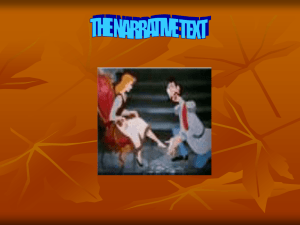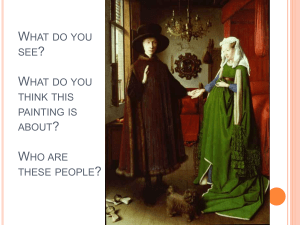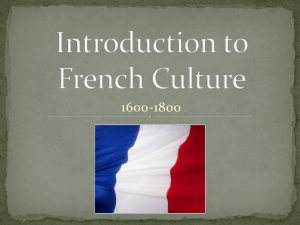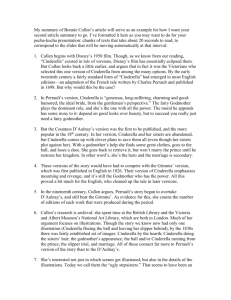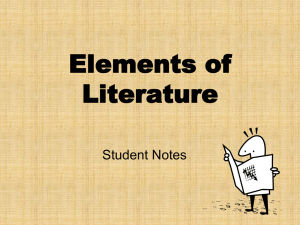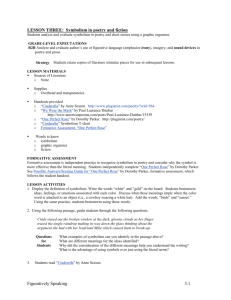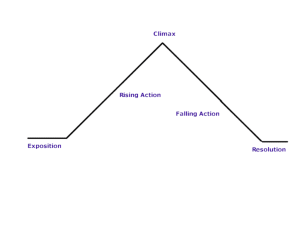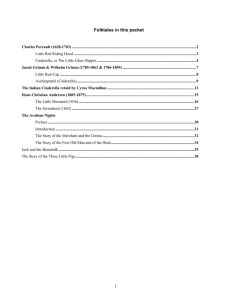Final Paper Generation upon generation the story of Cinderella is
advertisement
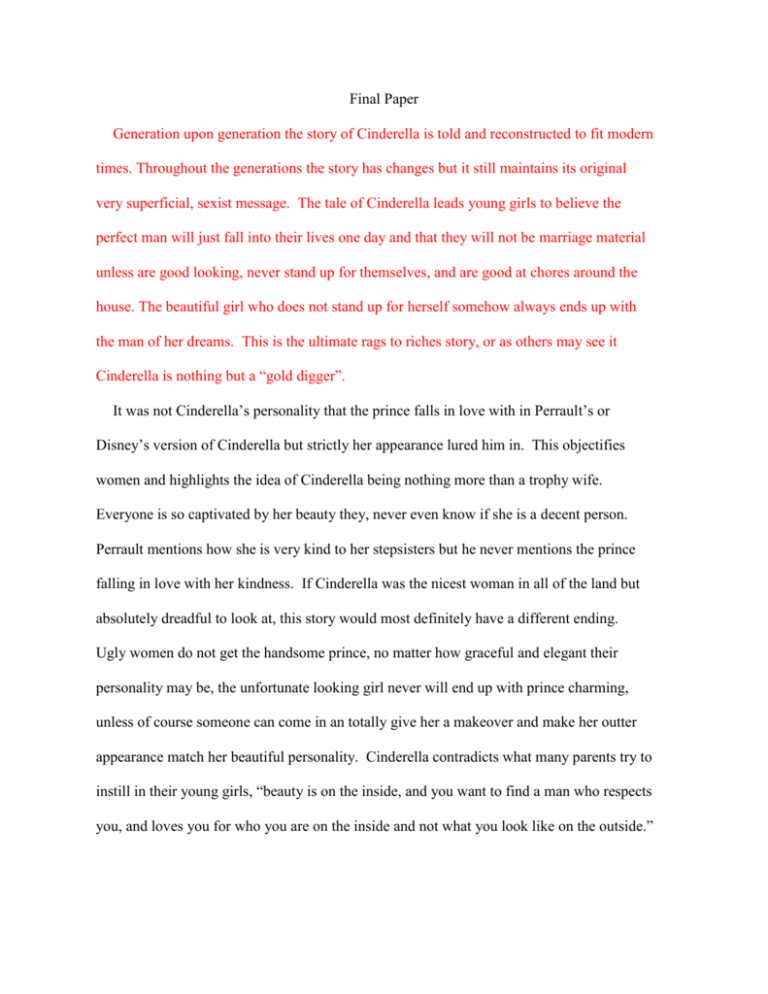
Final Paper Generation upon generation the story of Cinderella is told and reconstructed to fit modern times. Throughout the generations the story has changes but it still maintains its original very superficial, sexist message. The tale of Cinderella leads young girls to believe the perfect man will just fall into their lives one day and that they will not be marriage material unless are good looking, never stand up for themselves, and are good at chores around the house. The beautiful girl who does not stand up for herself somehow always ends up with the man of her dreams. This is the ultimate rags to riches story, or as others may see it Cinderella is nothing but a “gold digger”. It was not Cinderella’s personality that the prince falls in love with in Perrault’s or Disney’s version of Cinderella but strictly her appearance lured him in. This objectifies women and highlights the idea of Cinderella being nothing more than a trophy wife. Everyone is so captivated by her beauty they, never even know if she is a decent person. Perrault mentions how she is very kind to her stepsisters but he never mentions the prince falling in love with her kindness. If Cinderella was the nicest woman in all of the land but absolutely dreadful to look at, this story would most definitely have a different ending. Ugly women do not get the handsome prince, no matter how graceful and elegant their personality may be, the unfortunate looking girl never will end up with prince charming, unless of course someone can come in an totally give her a makeover and make her outter appearance match her beautiful personality. Cinderella contradicts what many parents try to instill in their young girls, “beauty is on the inside, and you want to find a man who respects you, and loves you for who you are on the inside and not what you look like on the outside.” Yet, here we are in the 21st century still telling the story of Cinderella to little girls. In a society where eating disorders are an epidemic and plastic surgery is on the rise. As much as we try to convince ourselves beauty is what is on the inside, the outside still matters, because if the woman is hideous prince charming is not going to give her the time of day to find out how beautiful she is on the inside. It was not until 2004 when Warner Brother’s A Cinderella Story, starring Hillary Duff, that we finally see “prince charming” get to know “Cinderella” on an deeper level. They converse online and get to know each other without even knowing what each other look like, then once they establish an emotional connection they meet and find out they are attracted to one another on a physical level as well. Perrault, Disney and Warner Brothers all are consistent with one thing and that is that Cinderella does not stand up for herself, she lets people walk all over her. The wicked stepsisters in each of these versions disrespect Cinderella and take full advantage of her kindness. Cinderella never stands up to them, rather she just sits around and feels sorry for herself, leading women and young girls to believe that the proper woman is submissive and that the assertiveness of the stepsisters is an evil trait. Rather then approaching the prince herself, Cinderella just accepts that she never going to get the man and just feels sorry for herself. Young girls should be taught that if you want something you have every right to try to achieve it, because this applies to other aspects of life, such as careers. There are ways to be lady like but also take charge of your own life and not just take the backseat while the “bullies”, run over you. Not only does Cinderella not stand up for herself she also never takes the initiative herself to do her hair and makeup to go introduce herself to the prince herself. She needs a “magical helper” to fix her up and give her the confidence to approach the man. She is not comfortable with herself unless she has the beautiful gown, hair and makeup,which again emphasizes her looks rather than her personality. Even though Cinderella always wants to go to the ball, she needs the magical helper to convince her that she is worth it and deserves that happiness. Cinderella once again chooses to feel sorry for her self rather then pursue what it is that she wants. Stereotypical house wife
